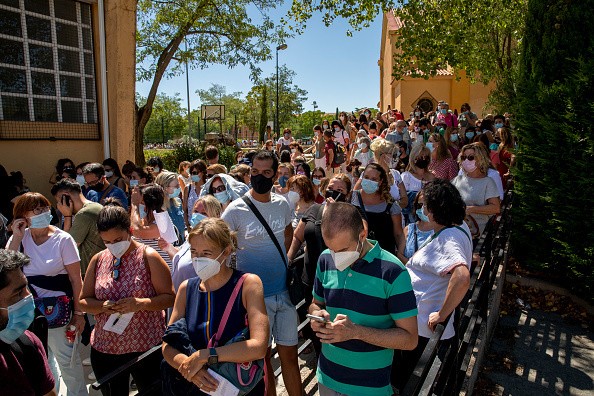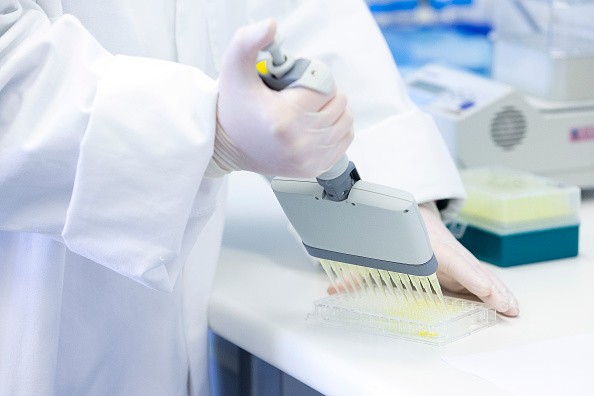Scientists from Imperial College London found out that people with coronavirus antibodies are declining. Could this affect the ongoing herd immunity?

The new U.K. study suggests that the decrease could affect those pushing for so-called herd immunity. The scientists screened 365,000 people in England over three-phase of testing between June 20 and Sept. 28.
The study conducted finger-prick tests at the homes of the participants. It revealed that instead of people creating antibodies as time goes by, their immunity is declining.
Individuals with COVID-19 antibodies declined roughly 26% over the study period.
The REACT-2 study
According to the Imperial College London, the study is called the Real-Time Assessment of Community Transmission (REACT) program, which is the largest and most significant research piece looking at how COVID-19 is spreading across the country.

The Department of Health and Social Care commissioned the study, which was also carried out by a world-class team of clinicians, scientists, and researchers from ICL, Ipsos MORI, and Imperial College Healthcare NHS Trust.
The study's results
According to CNBC's latest report, the REACT-2 study, which has not been peer-reviewed, revealed alarming results. It first showed that when the U.K.'s lockdown measures were partially lifted over the summer, 6% of tested people had COVID-19 antibodies. However, the figure decreased to 4.4% when the second wave of cases arrived.
"This very large study has shown that the proportion of people with detectable antibodies is falling over time," said Helen Ward, Imperial College London's professor, and study's author.
"We don't yet know whether this will leave these people at risk of reinfection with the virus that causes COVID-19, but it is essential that everyone continues to follow guidance to reduce the risk to themselves and others," she added.
Related Article: Herd Immunity Against COVID-19: 'Great Barrington Declaration' Poses Massive Scam and Bad Science!, Say Scientists
This article is owned by TechTimes.
Written by: Giuliano de Leon.
ⓒ 2025 TECHTIMES.com All rights reserved. Do not reproduce without permission.




